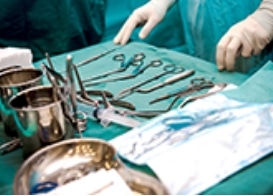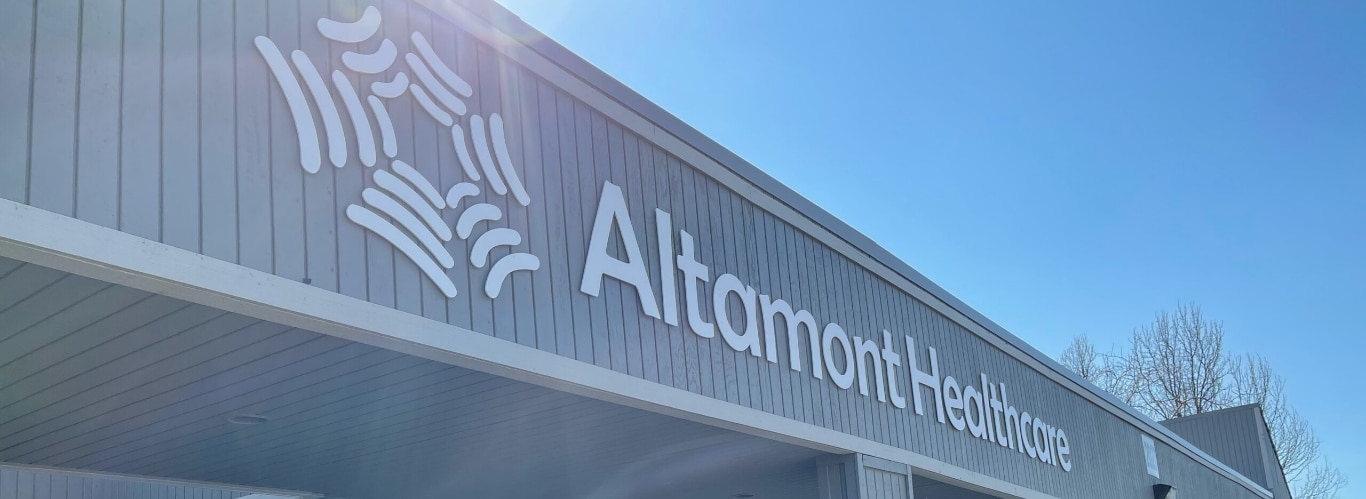Ready to apply?
Follow these simple instructions to get started!
-
Step 1:
Scan or photograph your required documents
Your high school diploma/GED/transcript (or equivalent)
A valid government-issued photo ID -
Step 2:
Read the school catalog and the appropriate SPFS document for your program. You will be required to sign the SPFS later in the enrollment process.
-
Step 4:
Pay the application fee.
(*non-refundable) -
Step 5:
Wait 1-3 business days for processing.
-
Step 6:
Admissions staff will follow up with you on the status of your application & will request additional documents if necessary.
-
Step 7:
Once your application has been accepted, we will send you enrollment paperwork for you to complete.
Once you have paid the fee, your application will be reviewed and you will receive an email with login credentials for our Student Portal.
When you receive the email:
- Log in to the student portal at https://server18.orbund.com/einstein-freshair/index.jsp
- Fill out the info in your Account & Profile.
- Complete, sign, and submit your enrollment form.
TIP: If you add your signature to your Account & Profile page, you can auto-sign your enrollment form. This makes signing and initialing the e-document much easier!
Enrollments may be done online, over the phone, or in person. In-person and over-the-phone enrollments are done by appointment only.
If you are applying for the Surgical Technologist program, you must complete an interview with an Admissions Officer to complete the application process.
To schedule an interview, please contact our office.
Contact Us*A non-refundable application fee of $250 must be paid after your complete your application. If you do not pay this fee, you will not receive a portal login or the required enrollment documents. The course fees and tuition will be charged to your account once you have submitted your enrollment forms.
Our Programs are FAST
We offer the fastest healthcare certificate programs in the Central Valley, beating industry standards by months! Even our longest course, Tech in Surgery, finishes in just 8 months compared to the industry standard of 2 years. Altamont Healthcare will get you where you want to be in the fastest way possible.







